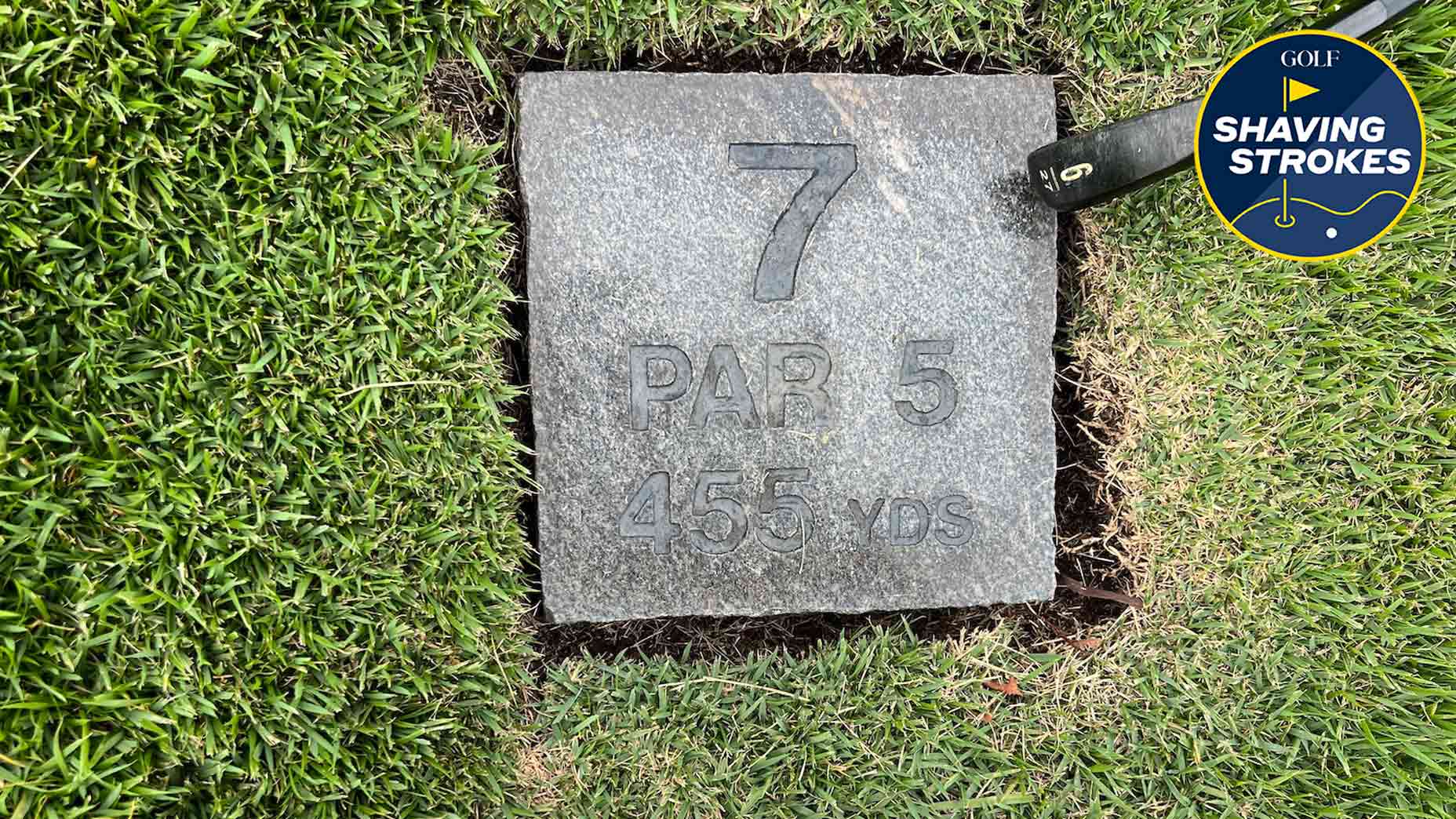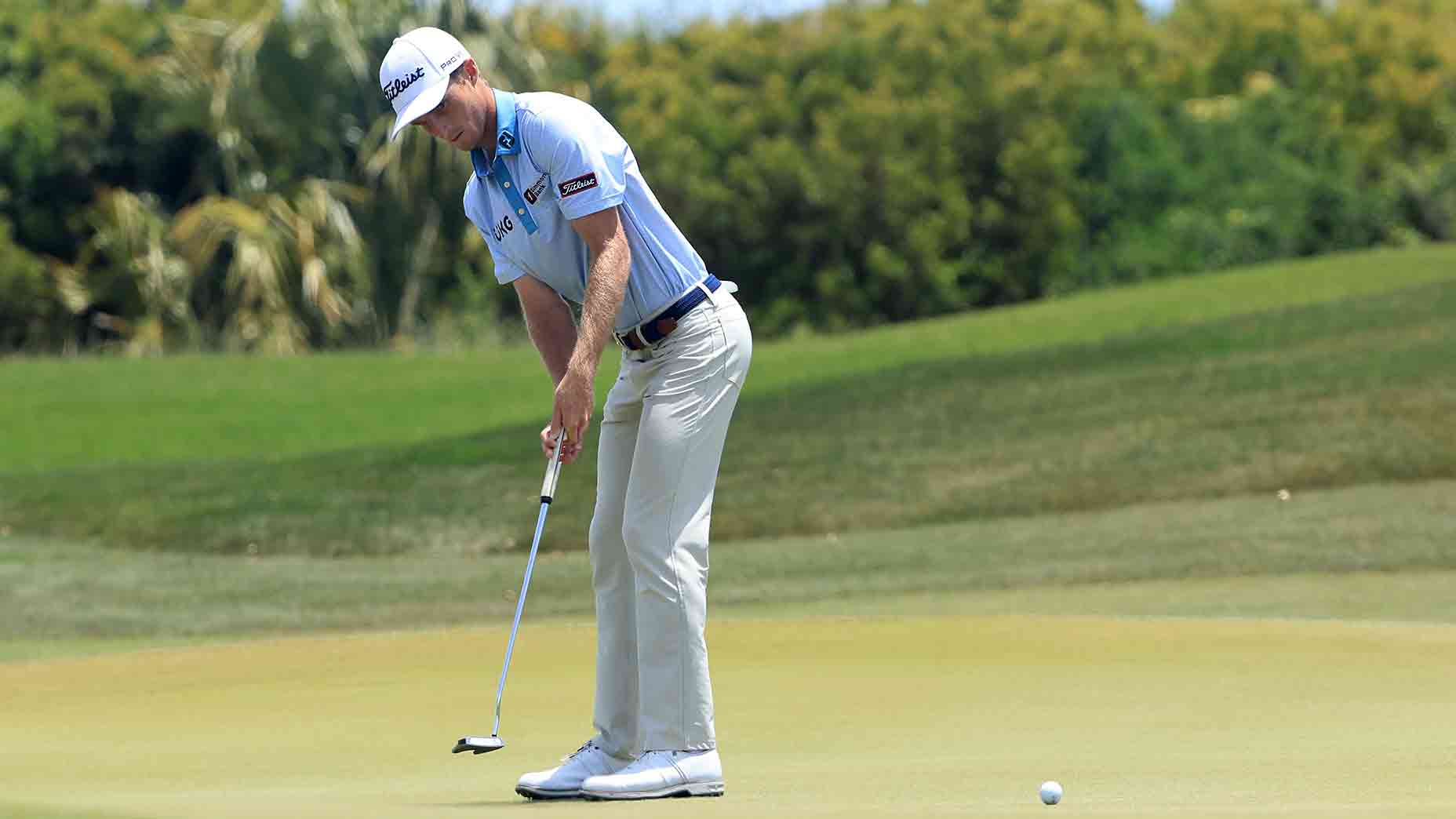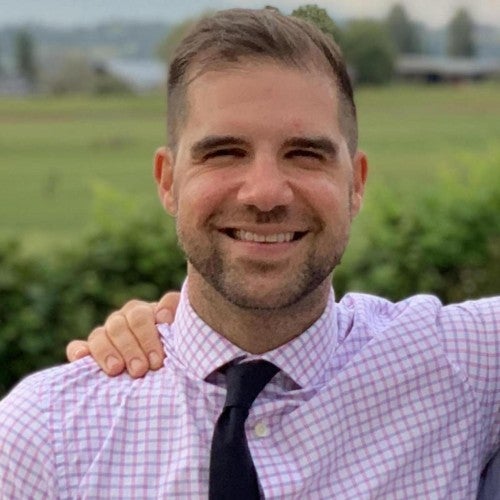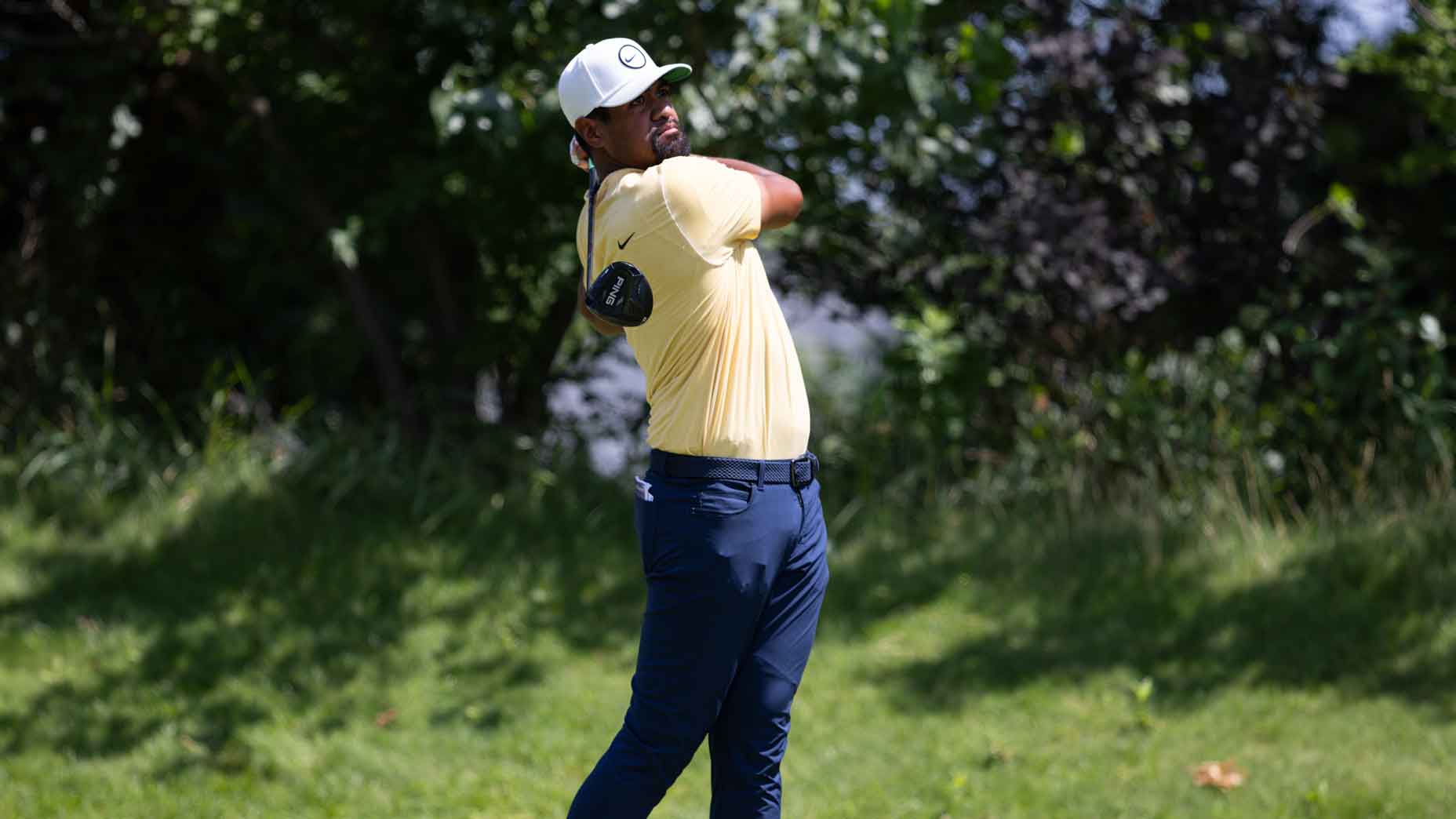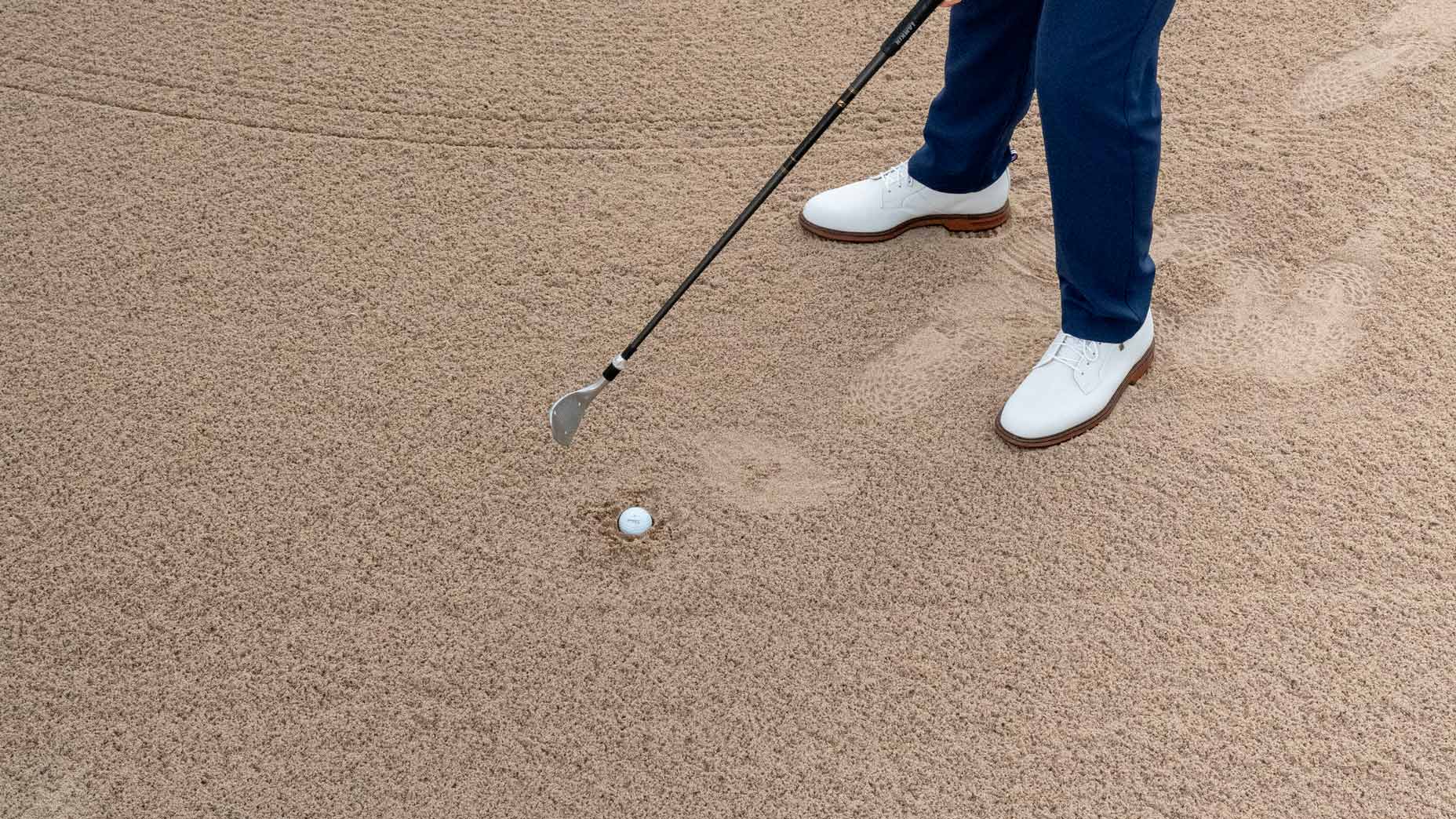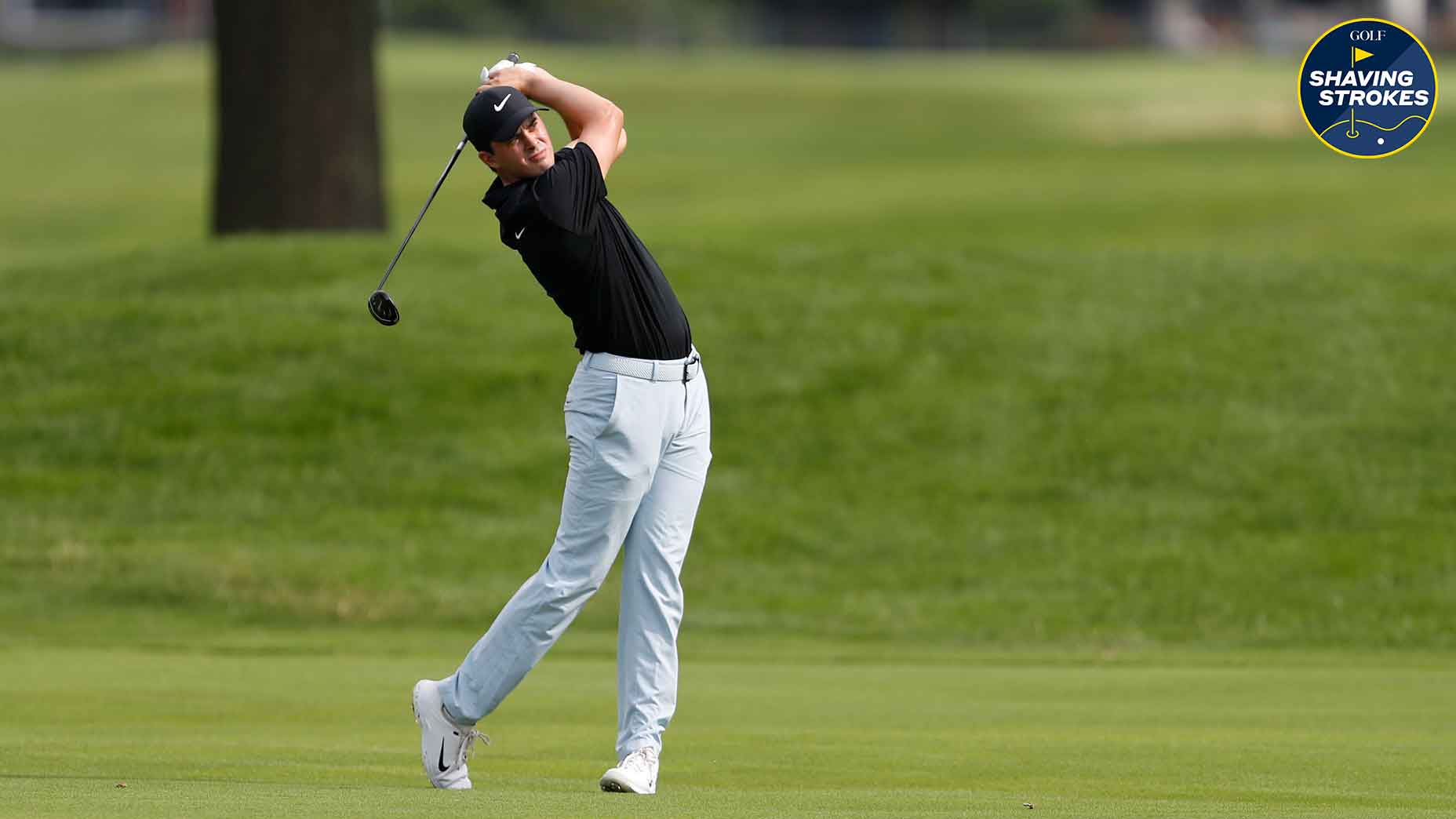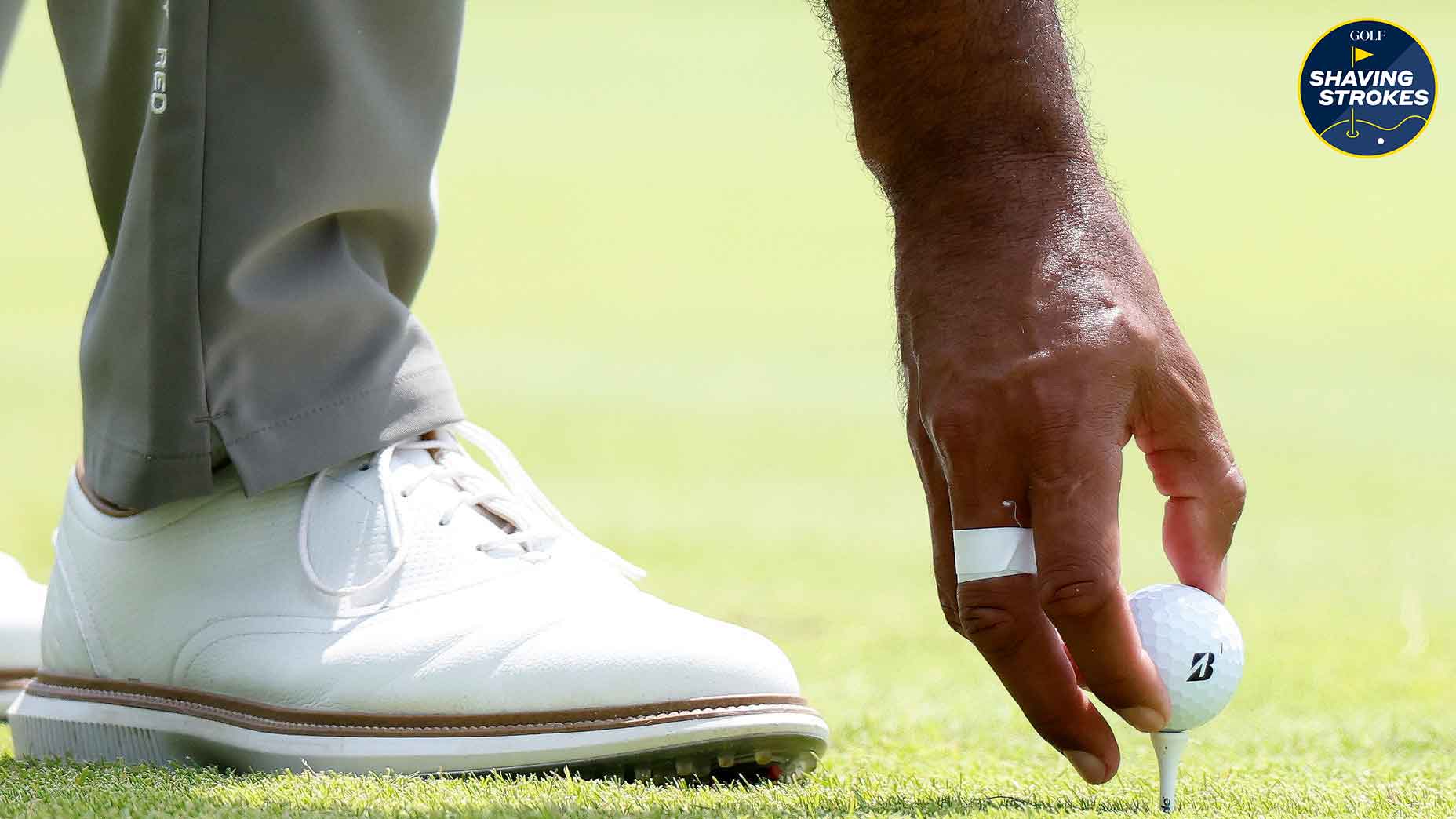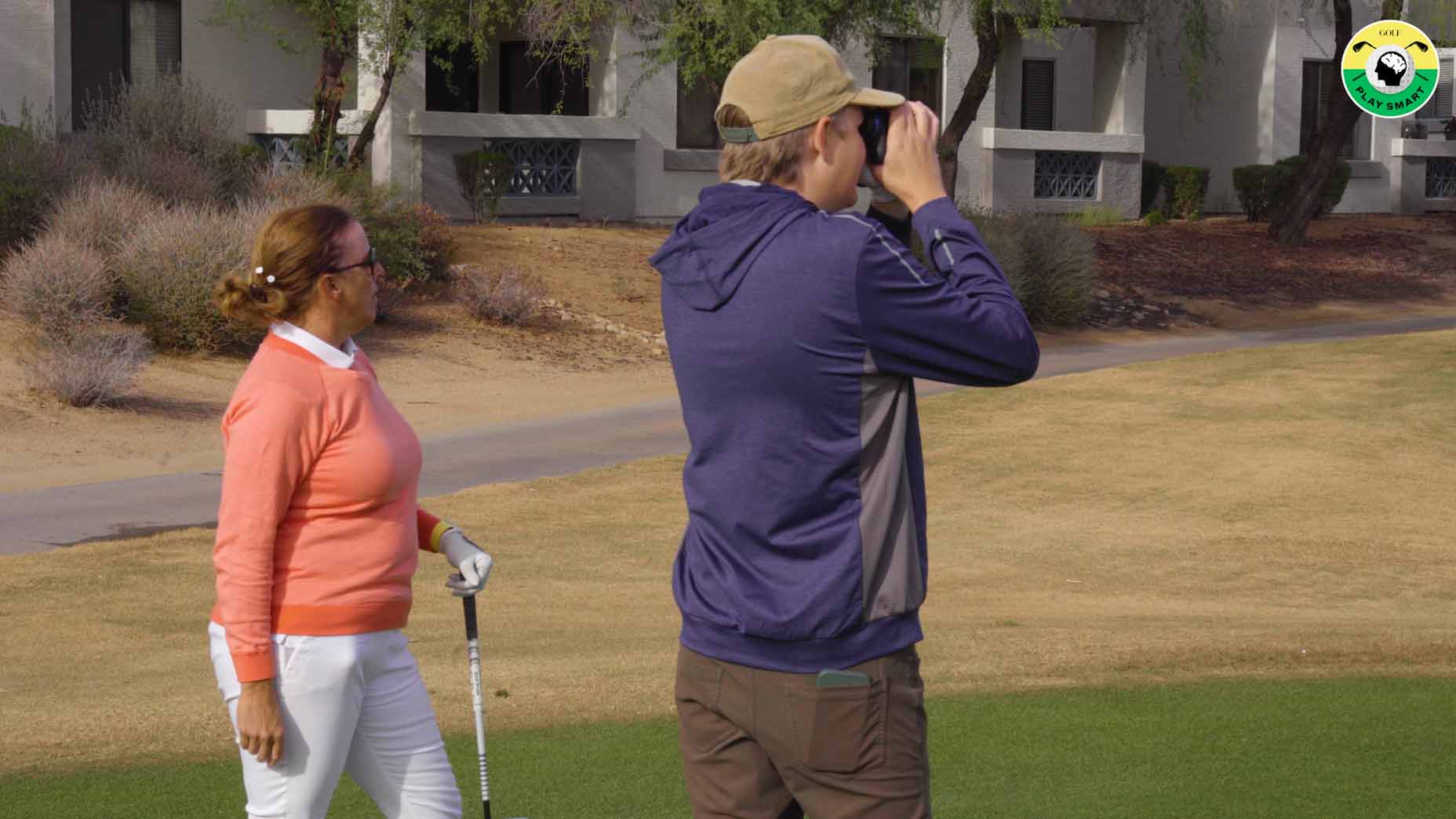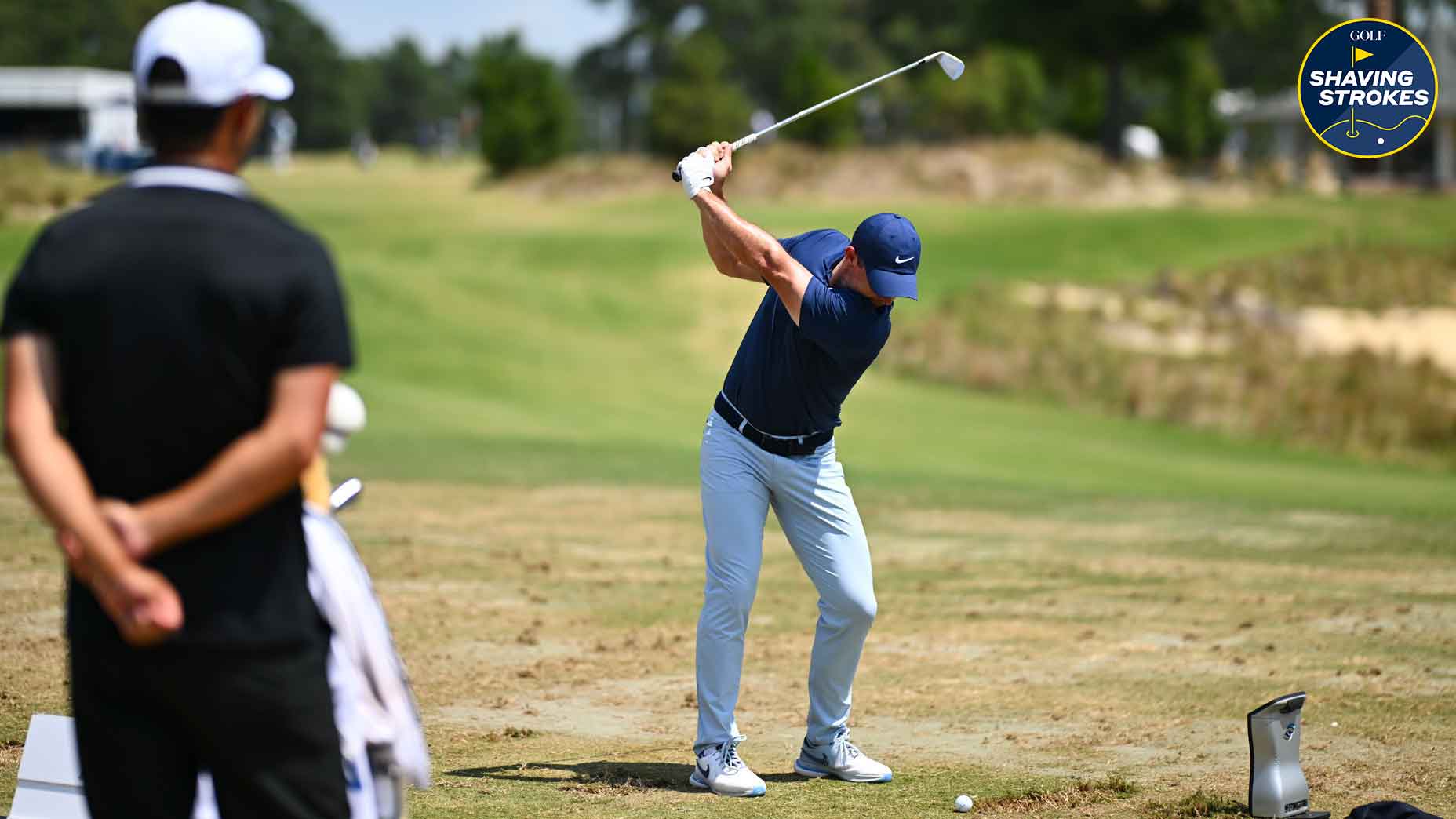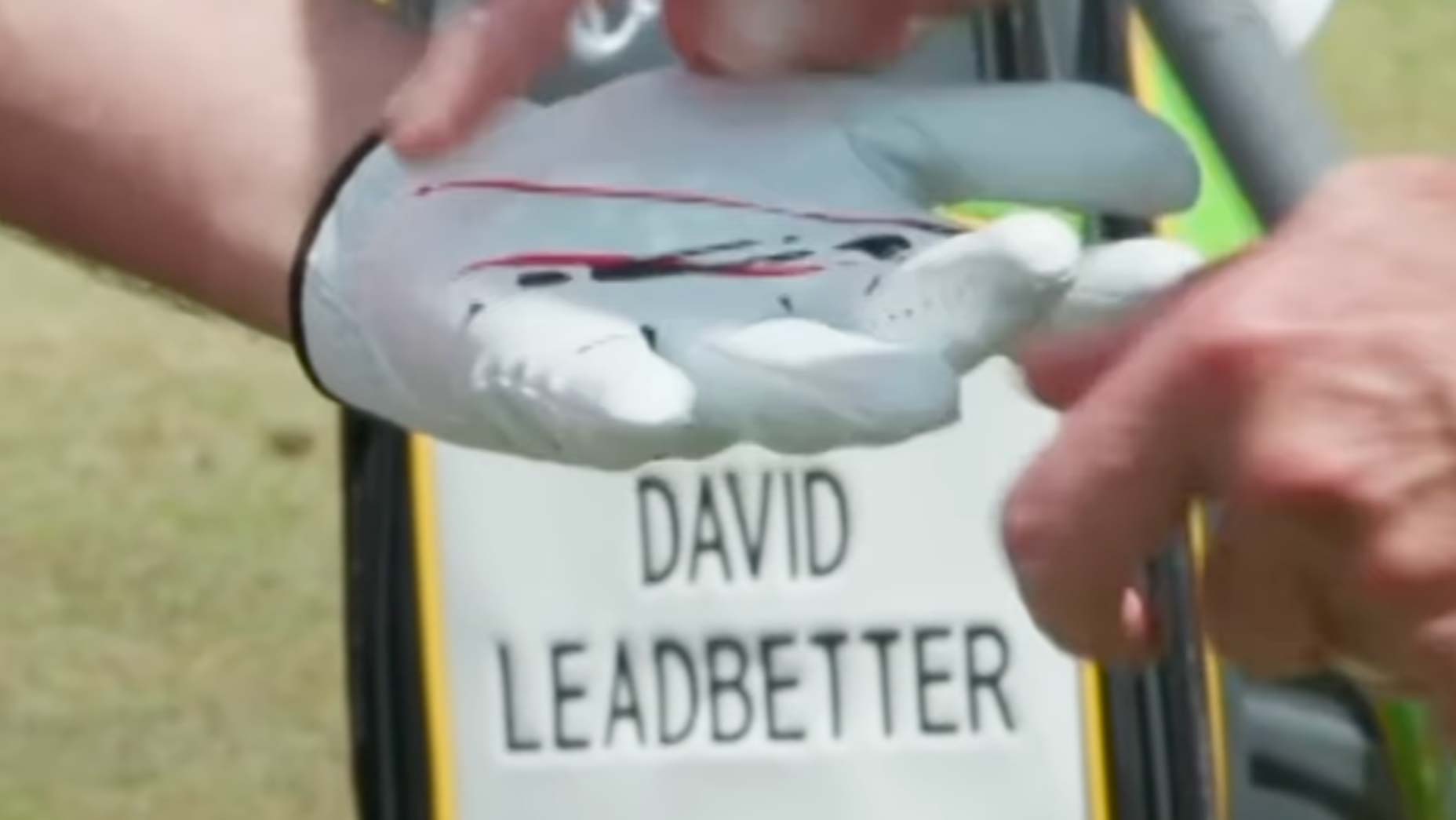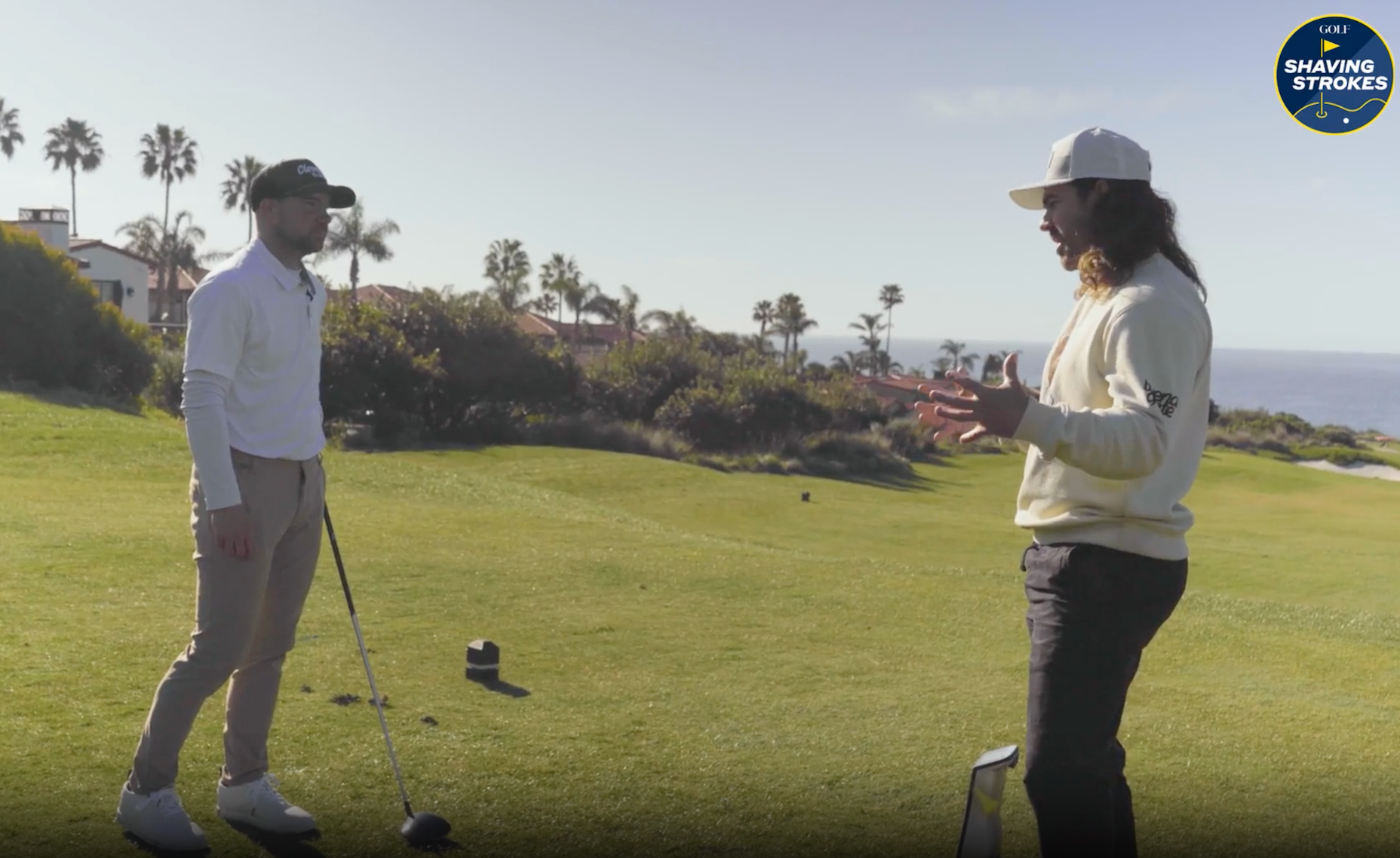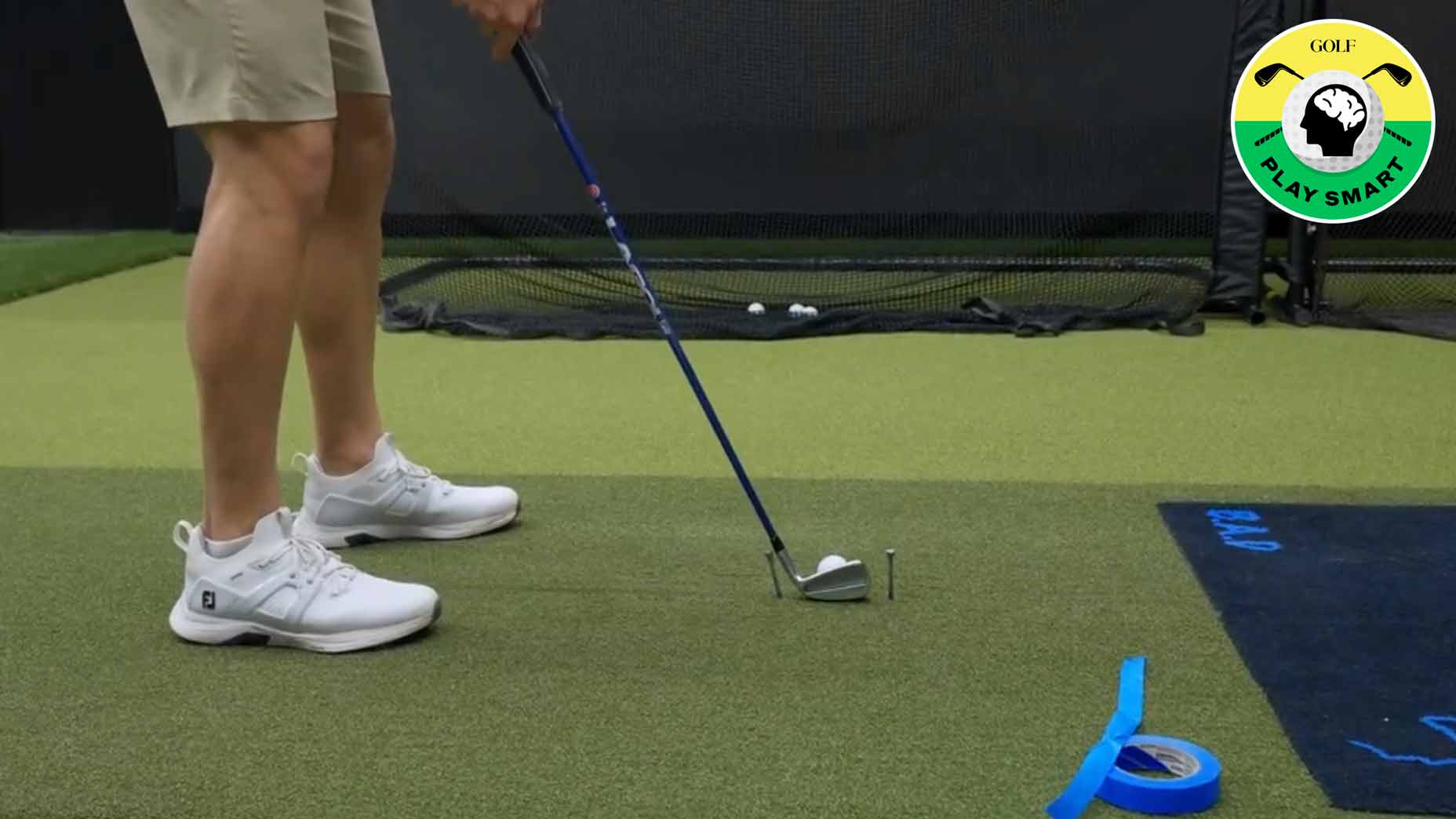Why knowing your golf handicap is essential for improvement
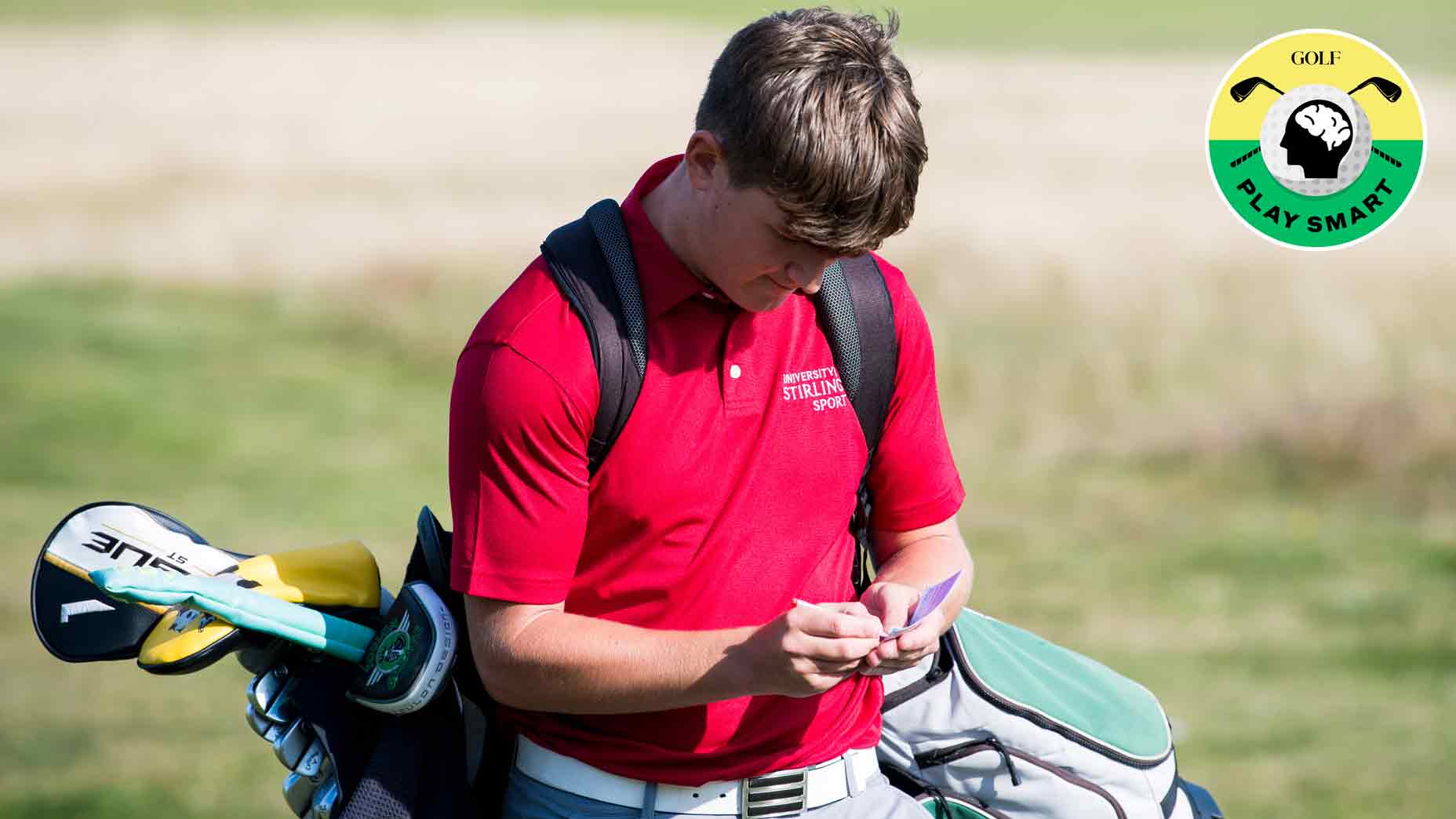
If you're playing regularly and don't know your handicap in golf, you're doing yourself a disservice.
Getty Images
Welcome to Play Smart, a regular GOLF.com game-improvement column that will help you play smarter, better golf.
Look, I’m not going to stand up here on a soapbox and profess that every golfer who steps onto a course must know their handicap. But what I am saying is that it’s so important (and easy!) to get one, and highly recommended — especially if you’re looking for areas to improve on.
I’ve played golf for 27 years, and for the first 26, all I did was simply write my scores down during each round. That’s pretty standard practice.
Here’s the issue with only doing that, though: How the heck do I know what I need to work on? How can I compare a round today to the round I played last July at the same course? Are there really any golfers who can ramble off every one of their fairways hit and putts taken in each of their past 10 rounds?
Like most players who don’t know their handicap in golf, my reason for never getting one was probably similar: I just didn’t care. Knowing my score was good enough for me, and I was never really taking each round too seriously.
But playing golf isn’t always about competing against other people; it’s about competing against yourself.
Unlike some other things in life, getting a USGA handicap is actually simpler than getting a passport — and there aren’t any awkward, no-teeth smiles required.
All you need to do is enter your state, zip code and contact information, pay the $60 annual fee and, boom, you’re good to go.
Once you’re all set up, now comes the fun part: actually playing golf and tracking your scores!
So in today’s Play Smart lesson, GOLF Top 100 Teacher Jim Murphy provides the reason why knowing your golf handicap (and understanding it) can help lead to lower scores and overall improvement — which will only make you enjoy the game that much more.
The importance of knowing your golf handicap
According to Murphy, the biggest reason why it’s important to know your golf handicap is to find the areas of your game that you can improve on. Once you identify these, you can put together a plan for more focused golf practice.
“Let’s say you’re a 10 handicap,” Murphy said. “What that tells me is that there are certain parts of your game that are better than a player of the same caliber, and other areas that are worse than a player of the same skill level.”
“An example would be if you hit every fairway in regulation, that’s better than most 10 handicap players,” he said. “But if you average 36 putts per round, that’s worse than most players with the same handicap.
“Of course, this also requires you to analyze your round after you play and keep track of your stats — which is so easy to do with all the available resources these days.”
Murphy says that he often sees amateur golfers working only on what they’re already good at. That might build confidence, but at some point, you’ve got to focus on making gains in other areas — which is why tracking your stats with a golf handicap is important.
“To see improvement in your game, you have to improve those areas that are worse than what your handicap is,” he says. “I watch people practice all the time, and they tend to avoid the things that they struggle with.
“This is why they don’t see much improvement in their games, because, no doubt, practicing good things is more fun — but that’s not the recipe for improvement.”
Overall, knowing your handicap allows players to get information specific to them. They can then take that to an instructor like Murphy, who breaks it down and can provide a blueprint for how to get better in every aspect of the game.
“Knowing your handicap gives you information that can make your lessons more effective,” he says. “You can tell your instructor your weaknesses, and they can be addressed with the right plan.
“It also makes your practice time more efficient, because you can put the time into weak areas more than your strengths. If you have an hour to practice and your putter is a weakness, then hit balls for about 15 minutes and then head to the putting green. This will be better time spent.”
Whether you’re only a beginner, or someone who has played golf for decades, understanding your handicap can be a helpful recipe for shooting lower scores. It can be daunting at first to see how much you struggle in certain areas, but if you accept them with an open mind, you can use them to your advantage.


